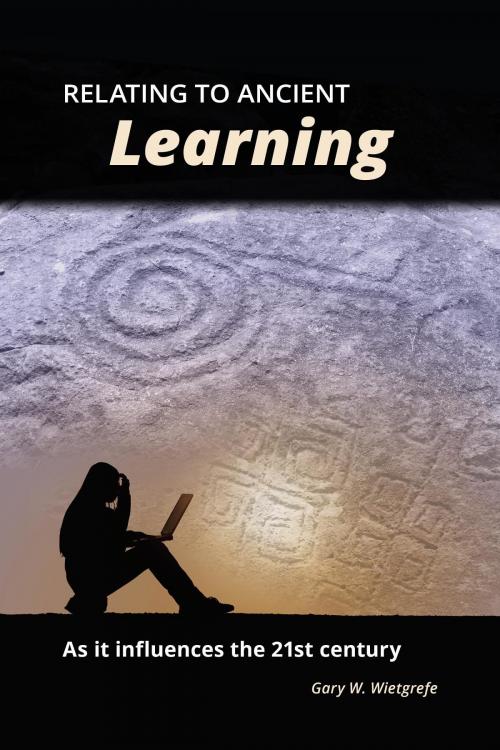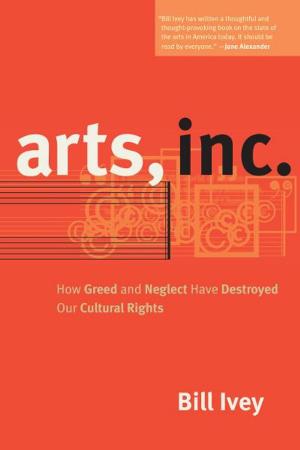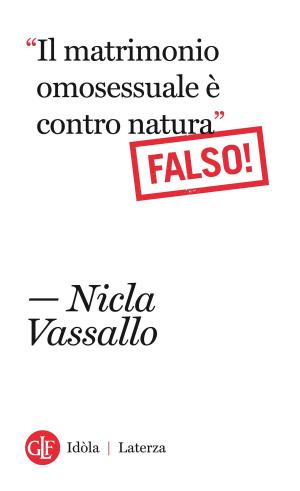Relating to Ancient Learning
As it influences the 21st century
Nonfiction, Family & Relationships, Parenting, School Age, Reference & Language, Education & Teaching, Educational Theory, Educational Reform, Social & Cultural Studies, Social Science, Cultural Studies, Popular Culture| Author: | Gary W Wietgrefe | ISBN: | 9780999224953 |
| Publisher: | Gary Wietgrefe | Publication: | January 3, 2018 |
| Imprint: | Gary Wietgrefe | Language: | English |
| Author: | Gary W Wietgrefe |
| ISBN: | 9780999224953 |
| Publisher: | Gary Wietgrefe |
| Publication: | January 3, 2018 |
| Imprint: | Gary Wietgrefe |
| Language: | English |
Hieroglyphs to Virtual Classrooms: Have We Really Progressed?
How are we learning? In recent decades, children have learned through many sources outside family, including daycare, schools, and after-school activities. Learning is in great contrast with centuries past where most things were taught by parents and family. What has changed? Why?
With intriguing background commentary, Relating to Ancient Learning provides an informal look at how civilizations were built by experiential learning, existed by efficiency, and declined with unprepared youth.
By necessity, throughout the world adults provide food, clothing, healthcare, and shelter for their children. Teens legally reach adulthood in high school, yet many are unprepared to sustain themselves. Age for teaching essential life skills has changed—it is delayed. Why are some young adults not inclined to work until formally educated for fifteen to twenty years?
Ancients, without writing, memorized independently. The world keeps changing. For over a century, electronic artificial memory designed to help seemingly made us unable to think and learn for ourselves. Meanwhile, education in group structure reinforced dependence.
There is an evolving change back to independent learning. Toddlers now use technology to learn and entertain themselves in a perceivable drift away from brick-and-mortar institutions.
Wietgrefe’s thought-provoking book, Relating to Ancient Culture, has an engaging sequel Relating to Ancient Learning As it Influences the 21st Century. Topics include:
• Experience cannot be passed on; it must be learned.
• Like destroyers of ancient libraries, systems can vanish not just by destruction, but also by changed learning systems.
• Given everything, including free or subsidized formal education into their twenties, children have no needs. Consequently, their minds have not developed an ability to satisfy a need.
• Some of the world’s most fascinating and innovative problem solvers of the past two centuries were independent thinkers. School was an aid, not a solution.
• Traditional learning relies on memory. The computer literate do not.
• World transition to electronic artificial memory may be the biggest setback in human history.
• The world does not survive on smart people or those that spent the most time in school. It survives and changes when people act, work, think, are responsible, and take risks.
Relating to Ancient Learning As it Influences the 21st Century provides fascinating insight into today’s modern communication and educational trends and is a must read for parents, grandparents, and educators. See: www.relatingtoancients.com.
Hieroglyphs to Virtual Classrooms: Have We Really Progressed?
How are we learning? In recent decades, children have learned through many sources outside family, including daycare, schools, and after-school activities. Learning is in great contrast with centuries past where most things were taught by parents and family. What has changed? Why?
With intriguing background commentary, Relating to Ancient Learning provides an informal look at how civilizations were built by experiential learning, existed by efficiency, and declined with unprepared youth.
By necessity, throughout the world adults provide food, clothing, healthcare, and shelter for their children. Teens legally reach adulthood in high school, yet many are unprepared to sustain themselves. Age for teaching essential life skills has changed—it is delayed. Why are some young adults not inclined to work until formally educated for fifteen to twenty years?
Ancients, without writing, memorized independently. The world keeps changing. For over a century, electronic artificial memory designed to help seemingly made us unable to think and learn for ourselves. Meanwhile, education in group structure reinforced dependence.
There is an evolving change back to independent learning. Toddlers now use technology to learn and entertain themselves in a perceivable drift away from brick-and-mortar institutions.
Wietgrefe’s thought-provoking book, Relating to Ancient Culture, has an engaging sequel Relating to Ancient Learning As it Influences the 21st Century. Topics include:
• Experience cannot be passed on; it must be learned.
• Like destroyers of ancient libraries, systems can vanish not just by destruction, but also by changed learning systems.
• Given everything, including free or subsidized formal education into their twenties, children have no needs. Consequently, their minds have not developed an ability to satisfy a need.
• Some of the world’s most fascinating and innovative problem solvers of the past two centuries were independent thinkers. School was an aid, not a solution.
• Traditional learning relies on memory. The computer literate do not.
• World transition to electronic artificial memory may be the biggest setback in human history.
• The world does not survive on smart people or those that spent the most time in school. It survives and changes when people act, work, think, are responsible, and take risks.
Relating to Ancient Learning As it Influences the 21st Century provides fascinating insight into today’s modern communication and educational trends and is a must read for parents, grandparents, and educators. See: www.relatingtoancients.com.















